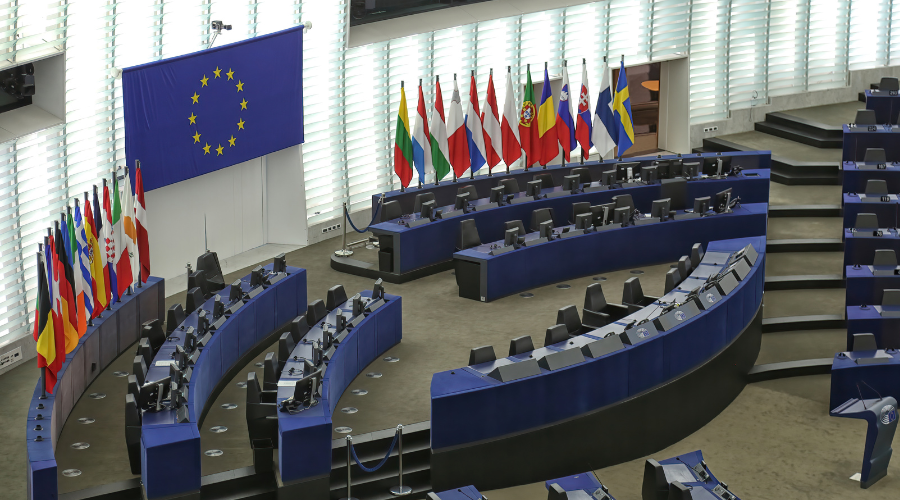Conclusions of the Council of the European Union about Export Credits
Bpifrance organized a conference on May 19th about the future of export credits in Europe and delegations from the 27 EU countries participated.

The conference “For a more sustainable, more competitive and more sovereign Europe” was held at the Bpifrance Auditorium on May 19th, as part of the French Presidency of the European Union on export credits. This informal meeting of the export credit group was the first in more than two years. On this occasion, delegates from the 27 EU countries, as well as other European export
credit players, attended panels on the major themes of the French Presidency: the modernization of the OECD Arrangement, climate and a European strategy for export credit. These topics were raised by the White Paper on EU Public Export Financing « Take Action or Fall Behind », published one year ago, and addressed by the recent Council conclusions on export credit adopted on March 15th.
The Ecofin – Economic and Financial Affairs – Council of the EU, which is composed of the economics and finance ministers of the 27 Member States, adopted conclusions on export credits for the first time in its history. The Council’s conclusions are political commitments on specific measures to be taken or objectives to be met. The aim of these conclusions on export credits is to announce the guidelines that the European Union will follow in the coming years in this field on three central issues: the climate, modernization of the OECD Arrangement, and the European export finance strategy.
3 priorities for Export Credits
In connection with the French Presidency, Bpifrance Assurance Export’s dedicated staff supported the French Treasury in drafting the conclusions above. They are a significant step forward for the three priorities of the Presidency.
1. Climate
- Affirmation of the role of export credits in fighting climate change and achieving the targets of the Paris Agreements (2015) on limiting global warming.
- Restrictions: Member States commit to define a national timetable for phasing out support for fossil fuels (coal, oil and natural gas) by 2023, while seeking agreement on the issue at the OECD.
- Financial incentives: commitment to advocating for the introduction of financial incentives for sustainable projects based on the EU taxonomy within the group of participants to the OECD Arrangement.
2. Modernisation of the OECD Arrangement
- Reminding the urgent need to modernize the Arrangement to address heightened international competition not bound by the OECD Arrangement and commit the EU for being a prime force in OECD negotiations.
- If progress on modernization is unsatisfactory, Member States express their willingness « to look into the possibilities of refocusing on European strategic and industrial interests and on the best way to serve them autonomously », according to the Council conclusions.
- Member States express their desire to make more regular use of the Arrangement’s « matching » clause which allows to match terms and conditions from non-OECD countries on specific transactions.
3. EU strategy on export finance
- Feasibility study on an export finance strategy: the EU intends this study to detect existing market failures. Any European export credit facility would be considered only to address these market failures.
- The conclusions encourage more synergy between the various EU entities.
The six-month French Presidency of the Council of the European Union comes to an end on the 30th of June.
Related
Trending

